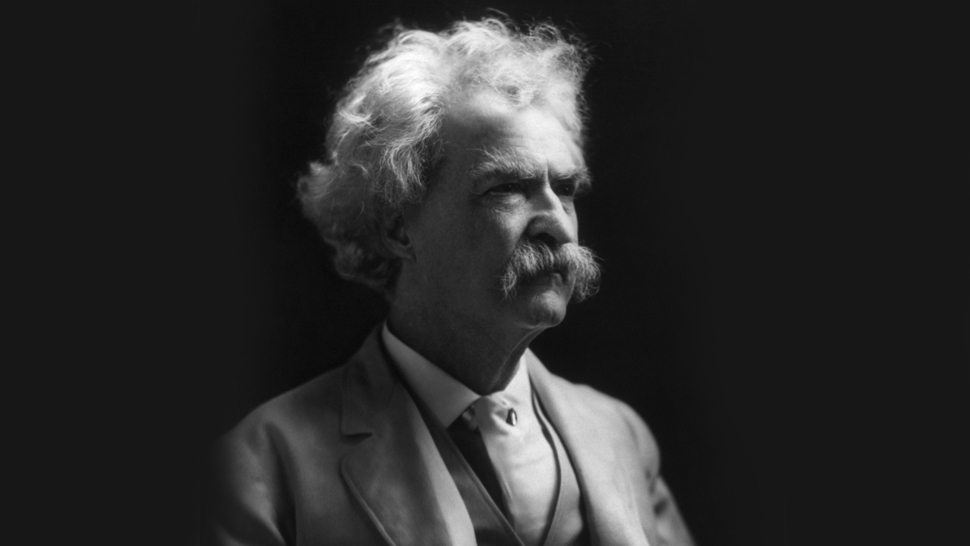
Wednesday, December 8, 2021
Subscribe to:
Post Comments (Atom)
Search This Blog
CHATEAU FOR SALE NEAR PARIS 35 minutes from Tours, an elegant house of 1864 (260m²) with 3 en-suite bedrooms. Two separate two bedroom cot...

Blog Archive
- November 2025 (1)
- October 2025 (2)
- September 2025 (3)
- June 2025 (1)
- May 2025 (1)
- March 2025 (2)
- January 2025 (2)
- December 2024 (1)
- October 2024 (4)
- September 2024 (6)
- August 2024 (7)
- July 2024 (3)
- June 2024 (4)
- May 2024 (1)
- April 2024 (2)
- February 2024 (2)
- November 2023 (1)
- October 2023 (1)
- August 2023 (11)
- July 2023 (11)
- June 2023 (3)
- September 2022 (1)
- August 2022 (7)
- July 2022 (12)
- June 2022 (3)
- May 2022 (2)
- April 2022 (1)
- March 2022 (2)
- February 2022 (1)
- December 2021 (5)
- November 2021 (7)
- October 2021 (9)
- September 2021 (11)
- August 2021 (19)
- July 2021 (20)
- June 2021 (11)
- May 2021 (6)
- October 2020 (1)
- August 2020 (1)
- July 2020 (2)
- May 2020 (2)
- April 2020 (2)
- March 2020 (3)
- January 2020 (4)
- November 2019 (2)
- August 2019 (3)
- July 2019 (3)
- June 2019 (11)
-
ANCESTORS O F THE FAMILY AND THE FILIPINO AMERICAN WAR One of the most romantic figures in Philippine history and the youngest general in t...
-
Don't Allow China to grow militarily, Destroy their armed forces now and hopefully the CCP. This is the time to do this planned...
-
MEMORIES OF MY FATHER MY FATHER CAPTAIN AMADO CATAMBAY...., GSC, PN, RIP I like to pay tribute to my father as he lay i...
-
DESIGN AND CONSTRUCTION OF A FLYING AIRCRAFT CARRIER MADE OF SUPER WOOD AND CARBON FIBER POWERED BY ANTI GRAVITY PROPULSION Dep...
-
In 1969 50 years ago. Destination San Francisco. The festival featured a total of 32 acts, including such icons as Jimi He...
-
China To Engage In 'Six Inevitable Wars' Involving U.S., Japan, India And More, According To Pro-Government Chinese Newspa...
-
PAPA IN THE MILITARY MY FATHER CAPTAIN AMADO CATAMBAY....., GSC, PN, RIP I like to pay tribute to my father as he lay in sta...
-
A BOY’S MEMORIES OF MANILA Taal Volcano Left Photo The Jones Bridge, initially named as the Puente Grande and la...



No comments:
Post a Comment